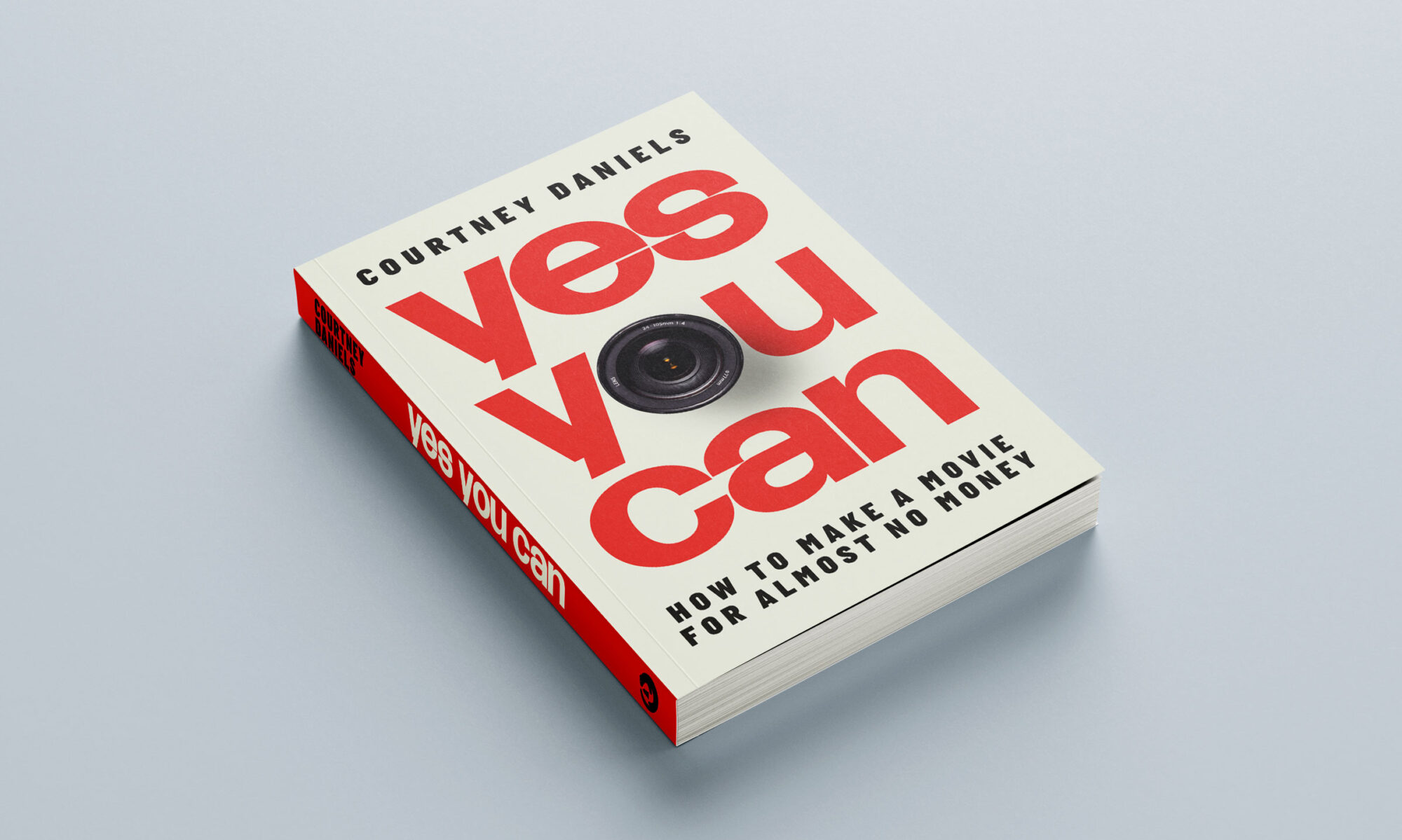
The young, sweet-faced Japanese woman who wrote this book looks like she’d be a pushover, but she’s not. She does not accept your foregone conclusion that you’ll just hang onto “important” papers, sentimental items from school days, and even user manuals for electronics and gadgets, forever. She sure as shit doesn’t want to hear your excuses for keeping a drawer full of soy sauce packets and rubber bands. And she’s not into finding clever storage solutions or buying storage products. In fact, she says “storage experts are hoarders.” Oh snap. She believes peace, mental clarity, familial harmony, and even figuring out what you really want to do, all come from “tidying up.” Which it turns out is code for throwing away 3/4 of the crap that you may or may not realize is cluttering up your house. (Even if you think your house is relatively uncluttered, every room inevitably has at least a small amount of stuff piled in little stacks or hidden in closets and cabinets. And it needs to go. It’s bringing you down.) Specifically, Marie instructs you to physically handle each item and if it does not bring you a “thrill of pleasure” when you touch it, you should throw it out. It’s not unusual for her clients to discard 17 bags of stuff at a time (I think she said the record was 200 bags?). She also believes that tidying up should be a special, one-time event; she’s not into tackling it slowly and she’s not into your tailoring her method to suit some halfassed approach. Decluttering should be done in one go, and then you’re done forever. She says none of her clients backslide. Once you start discarding stuff and see how rewarding it is to live in an uncluttered environment, a “click” occurs, in which you discover what amount of stuff feels right (hint: it’s not much), and you never go back to your old ways.
Marie thinks there are only two reasons we can’t let go of stuff: an attachment to the past or a fear for the future. Even if you were to hire her (she is famous in Japan and has a three-month waiting list), she doesn’t do the hard work for you. She makes you decide what to throw out, facing your belongings and, really, your life.
Interestingly, sales of her book took off when Japan had its last big earthquake. Evidently because many people had lost their belongings and they looked to her book for reassurance that we don’t need stuff—whether a billion photos from vacations, mementoes of a past love, etc.—to remember the good times and to be happy.
Marie believes that your real life begins after putting your house in order. Most people gain confidence in their decision-making ability, some drop excess weight, and many realize what they want to pursue next in life.
Following are “After” pics of ‘junk drawers’ and closets I’ve KonMari-ed (that’s what she calls her method). When Jimmy discovered he was missing some unnecessary, clutter-y item that I’d discarded, he said, “I don’t have my (such-and-such), because you read a book??”





